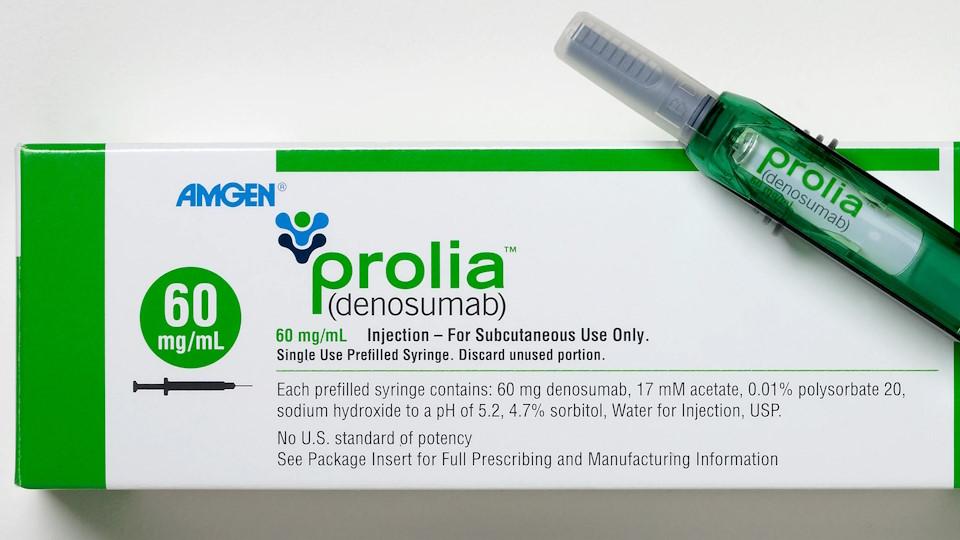CHMP says no to Amgen’s osteoporosis drug Evenity

Amgen and UCB have suffered another setback as they try to build momentum for Evenity, their new antibody therapy for osteoporosis.
The EMA’s Committee for Medicinal Products for Human Use (CHMP) has decided it cannot approve Evenity (romosozumab), issuing a negative opinion on the drug for the treatment of severe osteoporosis in postmenopausal women who are at risk of fracture.
It’s a blow to Amgen and Belgian partner UCB, who have been battling to get Evenity approved and onto the market for several years in order to provide a replacement to Amgen’s blockbuster osteoporosis Prolia/Xgeva (denosumab).
Prolia, a RANK inhibitor, is one of Amgen’s top-selling drugs with sales of $2.3 billion last year, but will start losing patent protection in Europe in 2022 and in the US in 2025.
In April, the duo made a big breakthrough for Evenity when the US FDA approved the drug, having previously rejected it in 2017 on safety grounds. They also picked up a Japanese approval around the same time, but hopes that they could quickly add an EU license to Evenity’s tally have now been dashed.
Evenity was approved by the US regulator with a boxed warning that it may increase the risk of heart attack, stroke and cardiovascular death – a safety issue that was responsible for the FDA’s earlier rejection of the drug and also led to the CHMP’s negative opinion.
In its assessment, the advisory committee said “as it was unclear why the medicine appeared to increase the risk of heart and circulatory problems, and there was no obvious group of patients in whom the risk of these was lower, measures to reduce the risk could not readily be put in place.”
The CHMP was also not convinced about the efficacy of the drug in patients with less severe osteoporosis, saying the “benefit was not so convincing” in this group.
The companies say they are planning to submit a written notice to the regulatory agency, requesting a re-evaluation of Evenity for the given indication.
The new drug works in a different way to Prolia, blocking the effects of the protein sclerostin and as a consequence building new bone formation. However it has been approved with a narrower indication than Amgen’s older drug, aimed at high-risk rather than all postmenopausal osteoporosis patients.
It also works differently to other widely-prescribed drugs, including bisphosphonates like Merck & Co/MSD’s Fosamax (alendronate) which work only by blocking bone destruction. Evenity topped alendronate in a head-to-head trial when it came to cutting fracture rates.













